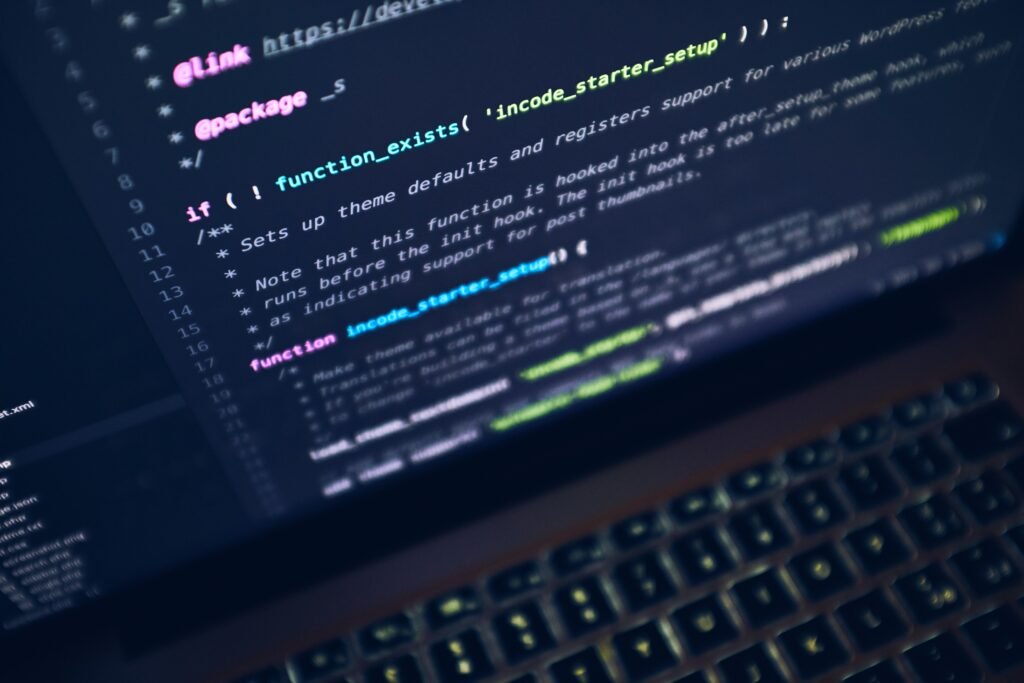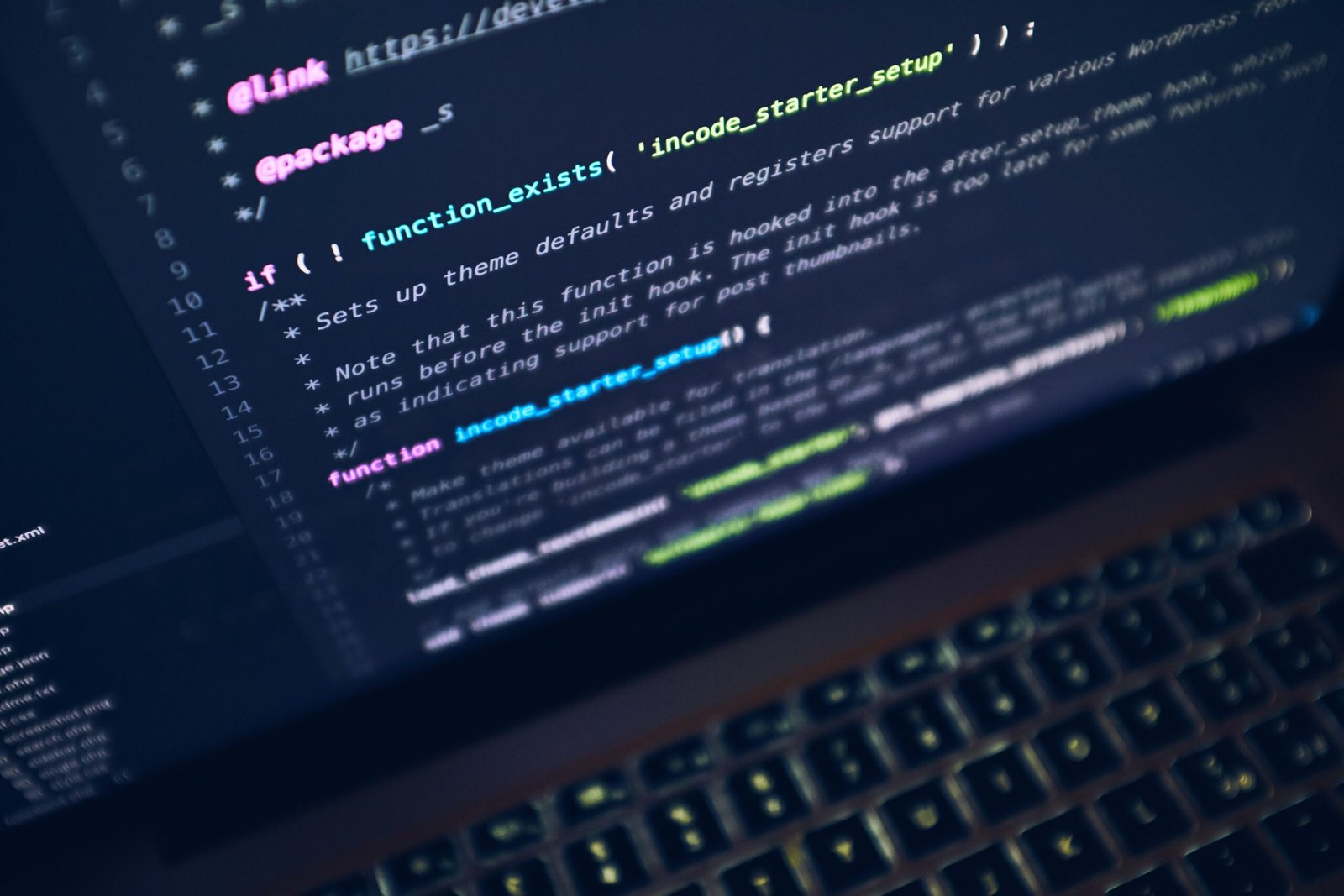Imagine a world where machines can think, learn, and make decisions just like humans. This is the realm of artificial intelligence (AI), a technology that promises to revolutionize various aspects of our lives. From healthcare and transportation to entertainment and education, AI has the potential to transform industries and reshape the way we live and work. In this article, we will explore how AI is poised to change the world as we know it, unleashing a new era of innovation and possibilities. Get ready to be amazed at the incredible ways AI will impact our future.
Economic Impact

Job Displacement
Artificial Intelligence (AI) is expected to have a significant impact on job displacement. With the automation of industries and the advancement of AI technologies, there is a growing concern that many jobs will become obsolete. However, it is important to note that while certain roles may be automated, AI also brings new opportunities for employment. Jobs that require creativity, critical thinking, and interpersonal skills are likely to remain in high demand, as these are areas where AI still struggles to match human capabilities.
Automation of Industries
The automation of industries is a key aspect of artificial intelligence. AI-powered machines have the potential to revolutionize various sectors by taking over repetitive and mundane tasks, allowing humans to focus on more complex and creative endeavors. From manufacturing to logistics, AI can streamline processes, increase efficiency, and reduce costs. While this may lead to some job displacement, it also opens up opportunities for workers to upskill and transition into roles that require higher-level skills.
Increased Efficiency and Productivity
Artificial intelligence has the capacity to enhance efficiency and productivity across various industries. Through data analysis and machine learning algorithms, AI can quickly process vast amounts of information, identify patterns, and make predictions. This enables businesses to make data-driven decisions, optimize processes, and reduce waste. By automating routine tasks, AI allows employees to allocate their time and energy towards more strategic and innovative activities, ultimately leading to increased productivity.
Social Impact
Improving Healthcare
Artificial intelligence in healthcare holds immense potential for improving patient outcomes and transforming the industry. AI can analyze patient data to detect diseases at an early stage, assist with medical diagnoses, and recommend personalized treatment plans. With AI-powered tools, medical professionals can benefit from more accurate and efficient decision-making, leading to better healthcare delivery and improved patient care.
Enhancing Education
The integration of artificial intelligence into education has the potential to revolutionize the way students learn and teachers teach. AI-powered intelligent tutoring systems can adapt to individual students’ needs, providing personalized learning experiences and tailored feedback. Virtual and augmented reality technologies can create immersive educational environments, making learning more engaging and interactive. Additionally, AI can assist in automating administrative tasks for educators, allowing them to focus on instructional delivery and student support.
Transforming Transportation
Artificial intelligence is set to have a transformative impact on transportation. The development of autonomous vehicles has the potential to make transportation safer, more efficient, and sustainable. AI-powered smart traffic management systems can optimize traffic flow, reduce congestion, and enhance overall mobility. Furthermore, logistics optimization powered by AI can improve supply chain management, reducing costs and delivery times. These advancements in transportation can revolutionize the way people and goods move, leading to more convenient and eco-friendly modes of transportation.
Environmental Impact
Optimizing Energy Consumption
Artificial intelligence can play a vital role in optimizing energy consumption and promoting sustainability. AI-powered systems can analyze data from smart grids, sensors, and energy consumption patterns to identify areas where energy efficiency can be improved. By automating and optimizing energy usage, AI can help reduce greenhouse gas emissions, minimize waste, and contribute to a greener and more sustainable future.
Improving Resource Management
The implementation of artificial intelligence in resource management can lead to more efficient utilization of resources. AI can analyze data and provide insights to optimize processes, minimize waste, and ensure the responsible use of resources. By leveraging AI technologies, industries can streamline operations, reduce their environmental footprint, and contribute to the preservation of natural resources.
Ethical Considerations
Privacy and Data Security
With the increasing use of artificial intelligence, ensuring privacy and data security has become a major concern. AI systems rely on vast amounts of data to train and improve their performance. It is crucial to implement robust security measures to protect sensitive data and prevent unauthorized access. Additionally, clear guidelines and regulations need to be set to establish ethical standards regarding the collection, storage, and usage of personal data.
Bias and Discrimination
AI algorithms learn from the data they are trained on, and if the data contains biases, these biases can be perpetuated in AI systems. This raises concerns about the potential for algorithmic bias and discrimination. It is important to address this issue by continuously monitoring and evaluating AI systems for bias and ensuring diverse and unbiased training data. Developing transparent and explainable AI models can also mitigate the risk of discrimination and promote fairness.

Accountability and Responsibility
As artificial intelligence becomes increasingly integrated into various aspects of society, ensuring accountability and responsibility is crucial. The development and deployment of AI systems should involve clear guidelines and protocols to address potential ethical issues and ensure responsible use. Establishing regulatory frameworks and ethical guidelines can help hold organizations and developers accountable for the impact of their AI systems, fostering trust and transparency.
Technological Advancements
Machine Learning and Deep Learning
Machine learning and deep learning are at the core of artificial intelligence. These technologies enable AI systems to learn from data, identify patterns, and make predictions. Machine learning models can be trained to recognize images, process natural language, and make decisions based on vast amounts of data. Deep learning, a subset of machine learning, utilizes artificial neural networks to simulate the human brain’s structure and function, enabling AI systems to perform complex tasks with high accuracy.
Natural Language Processing
Natural language processing (NLP) refers to the ability of AI systems to understand, interpret, and generate human language. NLP enables machines to analyze and process text, speech, and other forms of language, making it possible to develop applications like virtual assistants, language translation tools, and sentiment analysis systems. By bridging the gap between humans and machines, NLP facilitates more natural and intuitive interactions with AI systems.
Computer Vision
Computer vision is a field of artificial intelligence focused on enabling machines to understand and interpret visual content. By leveraging deep learning models and image processing techniques, AI systems can analyze and extract meaningful information from images and videos. This opens up opportunities for various applications, such as facial recognition, object detection, autonomous driving, and medical image analysis. Computer vision has the potential to transform industries and enhance human-computer interaction through visual understanding.
Healthcare Revolution
Medical Diagnosis and Treatment
Artificial intelligence has the potential to revolutionize medical diagnosis and treatment. By analyzing vast amounts of patient data, AI systems can assist medical professionals in making accurate and timely diagnoses, leading to improved patient outcomes. AI algorithms can identify patterns in medical images, predict disease progression, and recommend personalized treatment plans, augmenting the capabilities of healthcare providers and enhancing the efficiency and effectiveness of medical practice.

Precision Medicine
Precision medicine aims to provide personalized treatments tailored to individual patients based on their unique characteristics and genetic makeup. Artificial intelligence plays a crucial role in precision medicine by analyzing large genomic datasets and identifying genetic markers associated with specific diseases or treatment responses. AI-powered systems can help healthcare professionals in identifying the most effective treatments for patients, minimizing adverse effects, and improving overall patient care.
Healthcare Delivery and Management
AI has the potential to streamline healthcare delivery and management processes. From automating administrative tasks to optimizing resource allocation, AI can enhance operational efficiency and reduce costs in healthcare facilities. AI-powered chatbots and virtual assistants can provide patients with reliable information and guide them towards appropriate healthcare services. Additionally, AI systems can analyze population health data to identify health trends, predict disease outbreaks, and support public health initiatives, enabling proactive and data-driven healthcare management.
Education Transformation
Personalized Learning
Artificial intelligence can facilitate personalized learning experiences tailored to individual students’ needs and preferences. By analyzing data on students’ performance, learning styles, and interests, AI-powered intelligent tutoring systems can adapt instructional materials and provide targeted feedback. Personalized learning helps students to learn at their own pace, focus on areas where they need more support, and engage in a more meaningful and effective learning process.
Virtual and Augmented Reality
Virtual and augmented reality technologies have the potential to revolutionize education by creating immersive and interactive learning environments. AI can enhance these technologies by adapting the virtual content based on students’ responses, providing personalized learning experiences. Virtual and augmented reality can enable students to explore historical landmarks, conduct science experiments in virtual labs, and engage in simulated real-life scenarios, making learning more engaging and impactful.
Intelligent Tutoring Systems
Intelligent tutoring systems powered by artificial intelligence can provide personalized and adaptive tutoring to support students’ learning. These systems can actively monitor students’ progress, identify areas of difficulty, and offer targeted guidance and remedial support. By analyzing data on students’ interactions and performance, intelligent tutoring systems can continuously improve their instructional strategies, leading to more effective and efficient learning experiences.
Transportation Revolution
Autonomous Vehicles
The development of autonomous vehicles is set to revolutionize transportation. With artificial intelligence at their core, self-driving cars have the potential to make transportation safer, more efficient, and accessible. AI systems can analyze sensor data, navigate complex traffic situations, and make split-second decisions. Autonomous vehicles can reduce accidents caused by human error, optimize traffic flow, and provide mobility solutions for individuals who cannot drive. This transportation revolution has the potential to transform urban mobility and reduce environmental impact.
Smart Traffic Management
Artificial intelligence can optimize traffic management by analyzing real-time data, predicting traffic patterns, and adjusting signal timings. AI-powered systems can identify congested areas, reroute vehicles to avoid traffic, and optimize traffic flow to reduce travel time. By reducing congestion and improving traffic efficiency, smart traffic management can alleviate the environmental impact of transportation, improve road safety, and enhance overall mobility for individuals and goods.
Logistics Optimization
With the integration of artificial intelligence, logistics optimization is becoming more efficient and effective. AI systems can analyze vast amounts of data related to supply chain operations, demand patterns, and inventory management to identify areas of improvement. By optimizing routing and scheduling, AI can reduce transportation costs, minimize delivery times, and increase the overall efficiency of logistics operations. This has far-reaching implications for industries such as e-commerce, retail, and manufacturing, opening up opportunities for improved supply chain management and customer satisfaction.
Exploration of Space
Robotic Missions
Artificial intelligence plays a crucial role in robotic missions for space exploration. AI-powered robots can autonomously navigate and explore space, conduct scientific experiments, and collect data in environments that are hazardous or inaccessible for humans. With the ability to adapt to unforeseen challenges and make intelligent decisions, AI systems enhance the capabilities of robotic missions, enabling scientists to gather valuable information about distant planets, asteroids, and other celestial bodies.
Data Analysis and Discovery
The vast amount of data collected through space missions requires advanced analysis and interpretation. Artificial intelligence enables the processing and analysis of astronomical data on a massive scale. AI algorithms can identify patterns, anomalies, and correlations within astronomical datasets, helping scientists gain new insights and make discoveries. By leveraging AI’s computational power, scientists can uncover hidden information, deepen our understanding of the universe, and advance our knowledge of space.
Impact on Arts and Entertainment
Creativity and Content Generation
Artificial intelligence has the potential to enhance creativity and content generation in arts and entertainment. AI algorithms can generate music, create visual art, and even write stories or scripts. While AI-generated content may not replace human creativity, it can serve as a tool to aid and inspire human artists. Artists can leverage AI-generated content as a starting point for their own creative process, enabling the exploration of new artistic styles and pushing the boundaries of conventional art forms.
Virtual Reality Experiences
The integration of artificial intelligence with virtual reality (VR) technology opens up new possibilities for immersive and interactive experiences in arts and entertainment. AI-powered VR experiences can adapt to users’ behavior and preferences, providing personalized and engaging content. AI algorithms can analyze users’ interactions and responses in real-time, allowing VR experiences to dynamically adjust and create more realistic and captivating simulations. From interactive storytelling to immersive gaming, AI-powered VR experiences redefine the boundaries of entertainment and offer new avenues for creative expression.
In conclusion, artificial intelligence is poised to have a significant and far-reaching impact across various aspects of society. From its economic implications to transformative advancements in healthcare, education, transportation, and entertainment, AI holds the potential to revolutionize industries, enhance human capabilities, and shape the future of our world. However, it is important to consider the ethical considerations and ensure responsible development and deployment of AI systems to mitigate potential risks and promote a sustainable and inclusive future. By harnessing the power of artificial intelligence in a responsible and ethical manner, we can all benefit from the immense opportunities and positive changes that AI brings to our lives.





